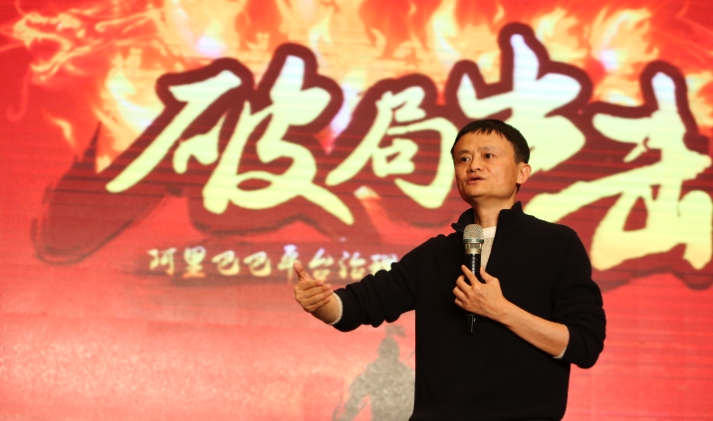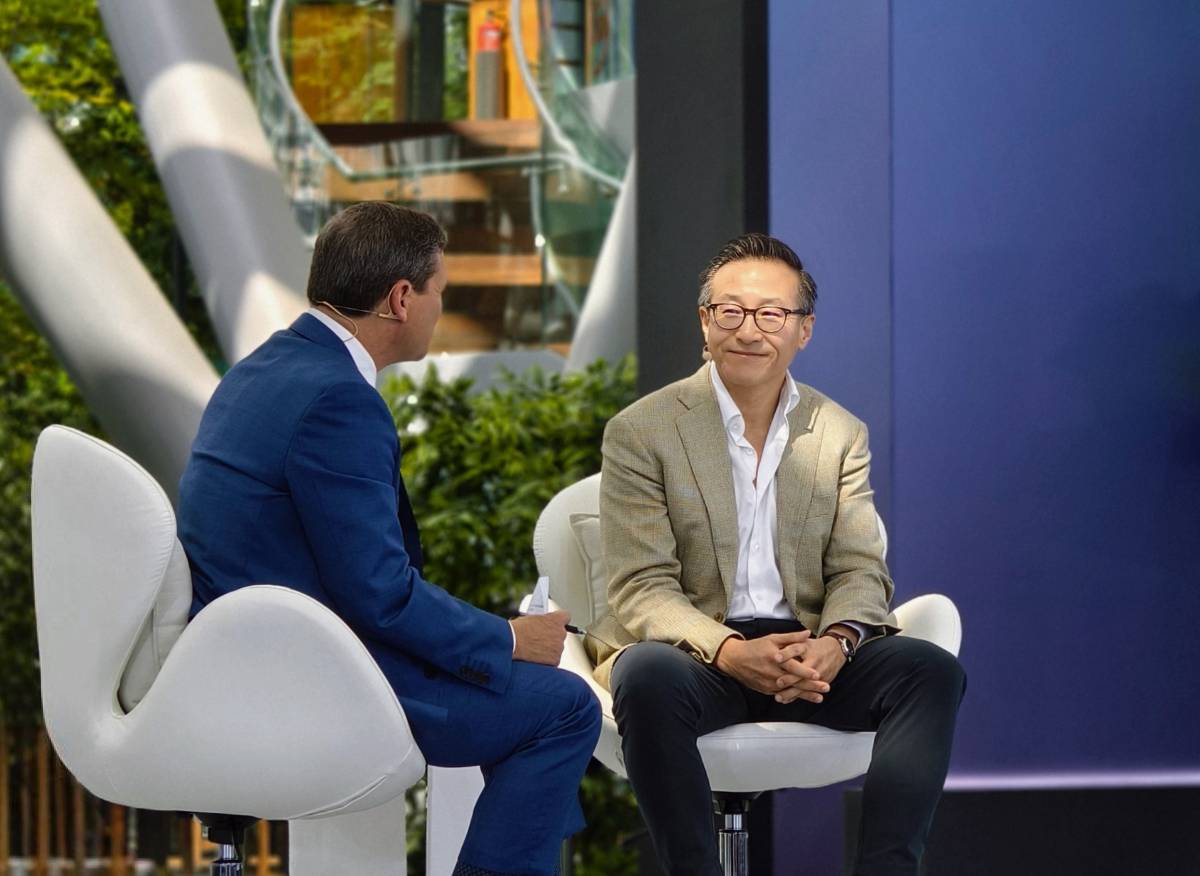
Alibaba Group Executive Chairman Jack Ma has vowed to build up the e-commerce giant’s defenses against the sale of counterfeit products on its Internet marketplaces, saying the company needed to take the lead in the fight.
“Counterfeit products don’t just hurt Alibaba, but also the entire Chinese society and the next generation,” Ma told more than 300 employees during a meeting at Alibaba’s campus in Hangzhou, China, last week. “We don’t want to live in a society without the ability to distinguish truth from lies.”
Facing criticism from some Western brand owners over the sale of fakes on its sprawling online shopping sites, Alibaba has been steadily building up its anti-counterfeit techniques and big data technologies to monitor and police more than a billion product listings on Taobao Marketplace and Tmall.com.
Alibaba has a large in-house anti-counterfeit team and works with hundreds of IP rights holders to more quickly spot and remove listings for fakes. In December, Alibaba established the Platform Governance Unit to oversee commercial regulation of its marketplaces, and also hired Matthew Bassiur, a former senior official for security and IP enforcement at Pfizer and Apple, to head Alibaba’s global intellectual property protection effort.
During a company “Anti-Counterfeit Pledging Conference” attended by Alibaba employees in the fields of technology, branding, data and quality control, Ma emphasized that counterfeits are not solely the company’s problem. Fakes were widely available before e-commerce developed and before Alibaba got its start in 1999, he said, adding that “there is not a single fake product that we want to sell.”
Controlling—and even eradicating—counterfeits from Alibaba’s e-commerce platforms is essential for the health of the industry, he said. “Anti-counterfeit and anti-(intellectual property) infringement are the foundations of infrastructure for all future commerce.”
“We have seen the problem with the clearest perspective and we have the best anti-counterfeit data analysts and engineers in the world,” Ma said. “Alibaba Group cannot wait to act until other people are ready.”
Our final victory only comes when the counterfeit sellers have nowhere to go and no room to exist.
Coming to grips with the problem doesn’t just mean kicking counterfeit merchants off Taobao, he added, since they will migrate to other shopping websites. Alibaba is alsoworking withChinese authorities to root out the sources of fake products. Between April and September last year, the companyhelpedlocal law enforcementdepartmentsbuild330 cases of suspected counterfeiting, of which 279 were resolved. Meanwhile, Alibaba helped police destroy more than 600 counterfeit manufacturing sites and sales venues, contributing to the arrest of 715 suspects.
“We want to protect those with real intellectual properties and let them make money and achieve success,” Ma said. “This way we can have a positive effect on society. Our final victory only comes when the counterfeit sellers have nowhere to go and no room to exist.”
Jessie Zheng, head of Alibaba’s Platform Governance Unit, said during the conference that the company had made “significant quantifiable progress” in controlling the quality of products offered through the company’s sites, in partnering with brands to fight fakes, and in reducing the number of counterfeit product listings.
“This year, the company continues to set no limit on budgeting and hiring” for its anti-counterfeit programs, Zheng said. Alibaba aims over the next three to five years to build China’s most comprehensive and professional anti-counterfeit and anti-IP infringement team, she said.




